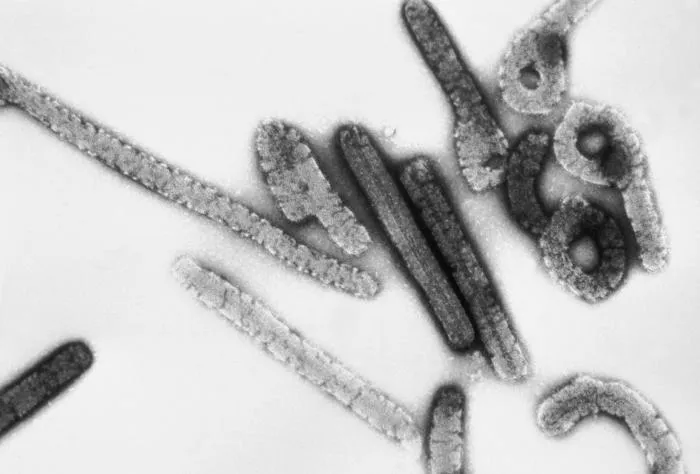16336,83%-0,43
43,61% 0,18
51,48% 0,17
6837,42% 1,58
11592,65% -0,44

In a concerning development, Rwanda's health authorities have reported a total of 62 confirmed cases of the Marburg virus, with 15 fatalities attributed to this deadly disease. The outbreak has raised alarms both locally and internationally, prompting a swift response from health officials.
The Marburg virus is a rare but severe hemorrhagic fever that belongs to the same family as the Ebola virus. It is transmitted to humans through direct contact with infected animals, such as fruit bats, or through contact with the bodily fluids of infected individuals. Symptoms typically include high fever, severe headache, and gastrointestinal bleeding, which can lead to death in a short time frame.
Health officials have reported that 43 individuals have successfully recovered from the virus, offering a glimmer of hope amid the ongoing crisis. However, the high mortality rate associated with the disease has caused widespread fear among the population.
The Rwandan government, in collaboration with the World Health Organization (WHO), has mobilized resources to combat the outbreak. Key measures include:
With the Marburg virus being highly contagious and lethal, there are concerns about its potential spread beyond Rwanda's borders. Neighboring countries are on high alert, and international health organizations are closely monitoring the situation.
Experts emphasize the importance of immediate action to contain the outbreak and prevent a wider epidemic. The global health community is rallying to provide support and resources to Rwanda as it navigates this challenging public health crisis.
The Marburg virus outbreak in Rwanda serves as a stark reminder of the ongoing threats posed by infectious diseases. As the situation develops, local and international stakeholders must collaborate to ensure the safety and well-being of affected communities. Continued vigilance, public awareness, and effective health measures will be crucial in combating this deadly virus.

Veri politikasındaki amaçlarla sınırlı ve mevzuata uygun şekilde çerez konumlandırmaktayız. Detaylar için veri politikamızı inceleyebilirsiniz.